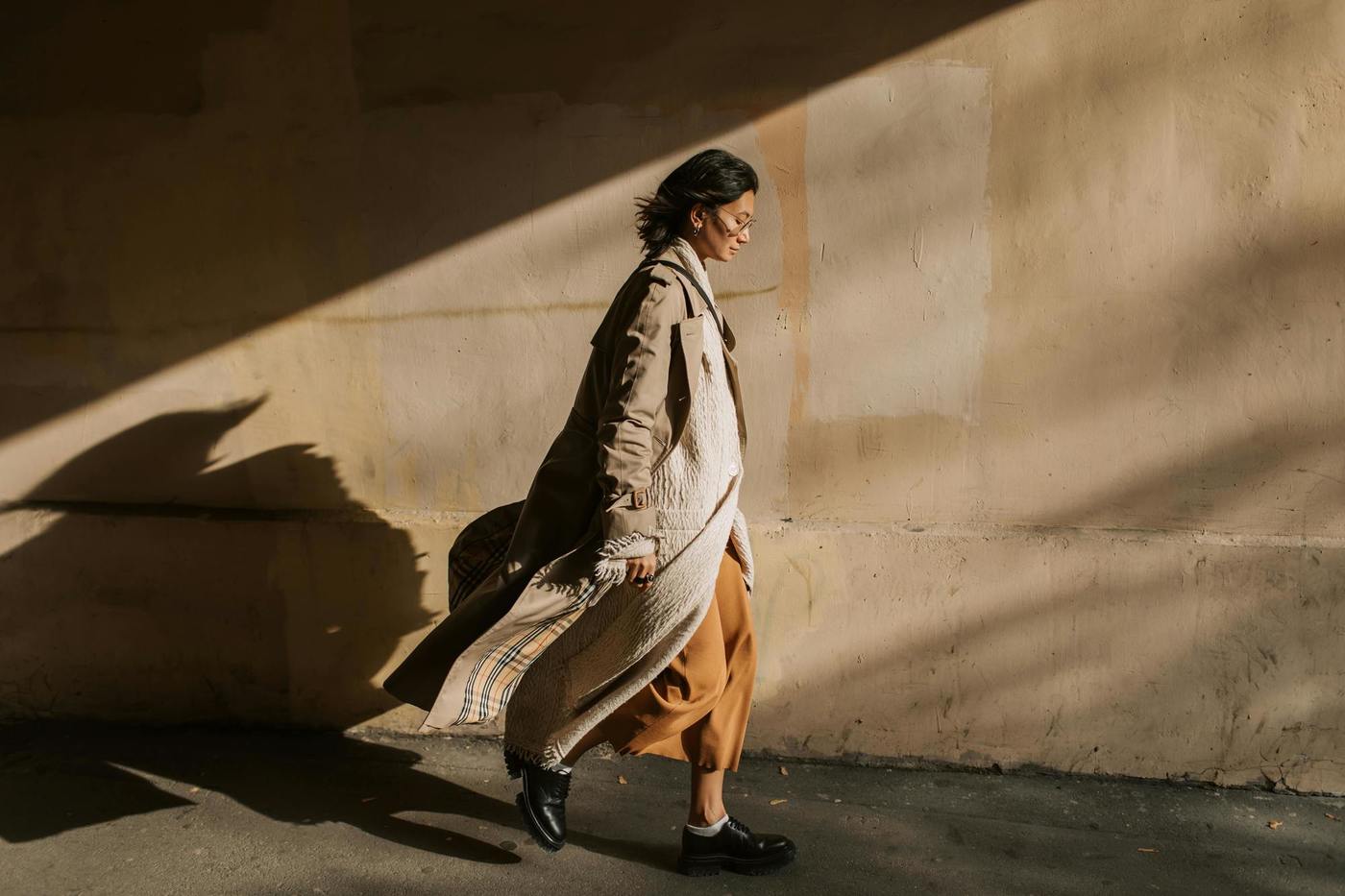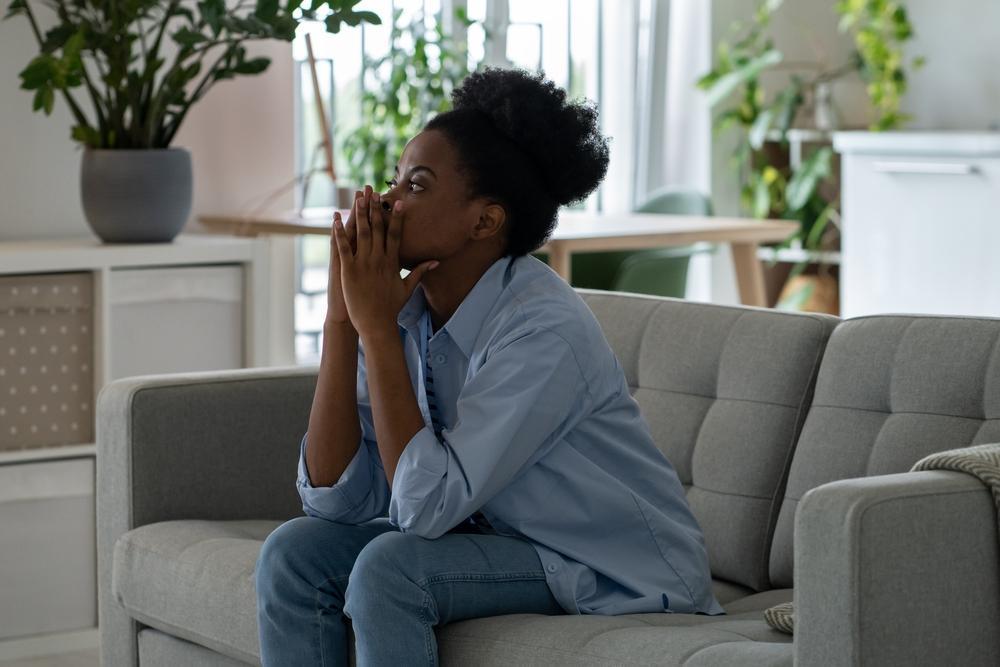The past year has ushered in loss and as a society, we are collectively grieving. As a culture, we have a script for honoring big losses such as the death of a loved one. We have rituals in place that allow for the mourning process to be carried forward. This helps us honor our grief and work through it. What the pandemic has really highlighted for me, however, is the question of what do we do with small losses? How do we grieve the ambiguous loss? I think of the unattended high school graduation, the canceled concert, the postponed wedding, the break-up, and the social isolation.
Disenfranchised Grief
I want to give space and air to these unobserved disappointments that so often get neglected. We are really good at “getting over it” and avoiding our pain. The default for many, is to dismiss and discount their experiences of small loss. It may bring up feelings of guilt or embarrassment because we can always point to someone who has it “much worse off than me.” When we compare our pain to others, we neglect a vital aspect of our personhood.
We are collectively enduring disenfranchised grief. This phenomenon was first coined by Kenneth J. Doka, a professor and hospice consultant. Doka puts language to the experience of losses that are not recognized by others (Doka, 1989). Some losses occur, and we have no social ritual of mourning for it as a culture. It goes unacknowledged and as result, our feelings go unheard and invalidated. Much of the missed experiences, relationships, roles, and opportunities of this past year can be categorized as disenfranchised grief. How are we processing these losses?

Unprocessed grief is devastating to our well-being. It’s no surprise that symptoms of anxiety and depression have increased considerably in the United States during the pandemic (Czeisler, et al, 2020).
When you experience a loss, it deserves to be grieved. The mourning process allows for you to honor its importance in your life and to work through the emotional impact. I often tell people in my work that “you can either feel it now, or feel it later, you choose.” Either way, the feelings associated with loss will surface sooner or later.
It is worth the time to reflect on this past year and identify what losses you have experienced. Suspend all judgement, no matter how insignificant it may seem. Try and acknowledge it. I hope that you can find some tenderness for yourself and honor the small losses. Here are some steps to take that I have found helpful in working through loss. (Adapted from Therese Rando’s 6 R’s of Mourning.)
Acknowledge Your Loss
Take the time to reflect on what has been most difficult for you during this pandemic. Don’t compare your experience to others. This is a practice that is personal and just for you. Notice what you have missed, what has felt disappointing, what have you been fearful, sad, or angry about? By naming the loss, you will be externalizing the experience and giving it a home outside of your body.

Share It with Someone
After identifying your unique experiences of loss, find someone who will be a compassionate listener. It might even be helpful to find people who have experienced a similar loss. Our grief deserves a witness. When we can bravely talk about it with others, we will feel less alone.
Create a Ritual
A lot of disenfranchised grief is not given the traditional recognition in our culture such as memorials, obituaries, periods of mourning, etc. Find a way to memorialize your losses. It was something important to you and deserves to be honored and remembered. Get creative and find some sort of action to accompany your grief. Some examples might be to light a candle, plant a tree, hold a special ceremony, bury an object, spend time journaling, drawing or painting.
Adjust to the New Life
Once you have processed your grief and loss, you now have the task of returning to life. How can you invest back into your life? What are the activities that bring you joy? As you adjust to the new normal, be intentional about finding purpose and meaning. Loss is a natural part of the human experience. With each loss you endure, an opportunity arises for new life and new experiences. As the poet, Mary Oliver once asked, “What is it you plan to do with your one wild and precious life?”
Grief Counseling in Seattle
Are you struggling with unprocessed grief and loss? Are you looking for support to help heal from past or current loss? You are not alone, and help is available. We are a team of therapists located in the Ballard neighborhood of Seattle. We work with individuals and couples in the Seattle area on navigating through grief and loss. You can schedule a free 15-minute phone consultation to see if we are a good fit.





